Psychoneuroimmunology Studies The Effects Of Disease On Emotional Health.
Psychoneuroimmunology studies the effects of disease on emotional health.. Excessive technology use can negatively impact the physical mental emotional and social. This review focused on human psychoneuroimmunology PNI studies published during the past decade particularly those that addressed the health consequences of psychosocially mediated immune alterations. Psychoneuroimmunology is the term used to describe the interactions between the emotional state nervous system function and the immune system.
Bidirectional neurological pathways exist however and psychological phenomena such as. Psychoneuroimmunology the interdisciplinary area of research examining interactions between brain behavior and the immune system has played a key role in the exploration of behavioral and biological mechanisms linking psychosocial factors health and disease Zachariae 1996. Men were randomized to a written emotional disclosure intervention or a non-intervention control group and received a punch biopsy on the nondominant forearm.
The discipline concerned with the effect of the emotions on the immune system and hence on the development of disease. Psychologists in the field of psychoneuroimmunology have shown that state of mind affects ones state of health. Psychoneuroimmunology is defined as the examination of the interactions among psychological behavioral and social factors with immunological and neuroendocrine outcomes.
Psychoneuroimmunology PNI is the study of how psychological neural and immunologic processes interact and affect human health and behavior. 1 Investigations into these interactions have documented that the mind and attitude play a significant role in the functioning of the immune system. In fact stress has a direct effect on the brain-bowel axis Konturek et.
The discipline of psychoneuroimmunology PNI can be argued to have formally begun its emergence in the mid 1970s with the seminal work of Ader and Cohen and the finding that changes in immune function could be behaviorally conditioned in a manner analogous to the classical conditioning studies of Pavlov and his canine subjects. This can result in pathological behaviors such as technology addiction. Written emotional disclosure interventions can decrease psychological distress improve self-reported health enhance aspects of cellular immunity and decrease health care utilization.
Psychoneuroimmunology is the study of the interaction between the mind the nervous system and the immune system. PNI takes an interdisciplinary approach incorporating psychology neuroscience immunology physiology genetics pharmacology molecular. In the early 1980s psychologist Janice Kiecolt-Glaser PhD and immunologist Ronald Glaser PhD of the Ohio State University College of Medicine were intrigued by animal studies that linked stress and infection.
Psychoneuroimmunology also referred to as psychoendoneuroimmunology or psychoneuroendocrinoimmunology is the study of the interaction between psychological processes and the nervous and immune systems of the human body. Psychoneuroimmunology is not predicated on the proposition that the mind and the body are discrete entities that interact via the hypothalamic-pituitary-adrenal axis.
Psychoneuroimmunology PNI is a relatively new field of study that looks at the interactions between your central nervous system CNS and your immune system.
Psychoneuroimmunology PNI is the study of how psychological neural and immunologic processes interact and affect human health and behavior. This can result in pathological behaviors such as technology addiction. This review focused on human psychoneuroimmunology PNI studies published during the past decade particularly those that addressed the health consequences of psychosocially mediated immune alterations. Psychoneuroimmunology is defined as the examination of the interactions among psychological behavioral and social factors with immunological and neuroendocrine outcomes. Psychoneuroimmunology is not predicated on the proposition that the mind and the body are discrete entities that interact via the hypothalamic-pituitary-adrenal axis. It has also given a new renaissance to psychoneuroimmunology which has been studying the relationship between thoughts emotions and their effect on the immune system that defends our body from diseases. PNI takes an interdisciplinary approach incorporating psychology neuroscience immunology physiology genetics pharmacology molecular. Psychoneuroimmunology also referred to as psychoendoneuroimmunology or psychoneuroendocrinoimmunology is the study of the interaction between psychological processes and the nervous and immune systems of the human body. Excessive technology use can negatively impact the physical mental emotional and social.
Written emotional disclosure interventions can decrease psychological distress improve self-reported health enhance aspects of cellular immunity and decrease health care utilization. In fact stress has a direct effect on the brain-bowel axis Konturek et. Researchers know that our CNS and. Psychoneuroimmunology PNI is the study of how psychological neural and immunologic processes interact and affect human health and behavior. Excessive technology use can negatively impact the physical mental emotional and social. The discipline concerned with the effect of the emotions on the immune system and hence on the development of disease. Written emotional disclosure interventions can decrease psychological distress improve self-reported health enhance aspects of cellular immunity and decrease health care utilization.



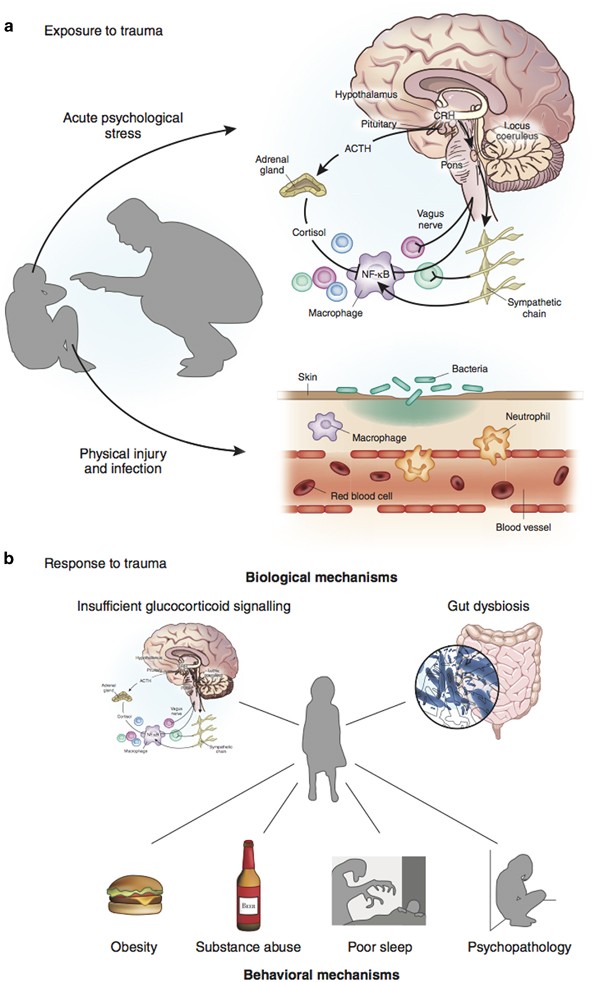
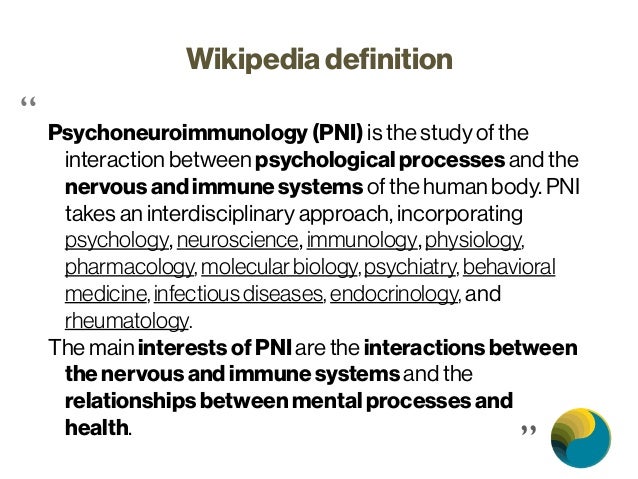
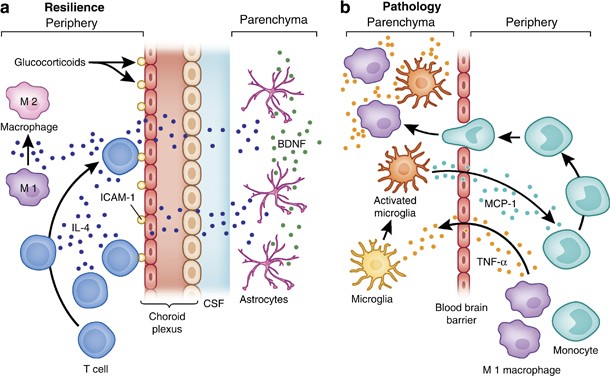








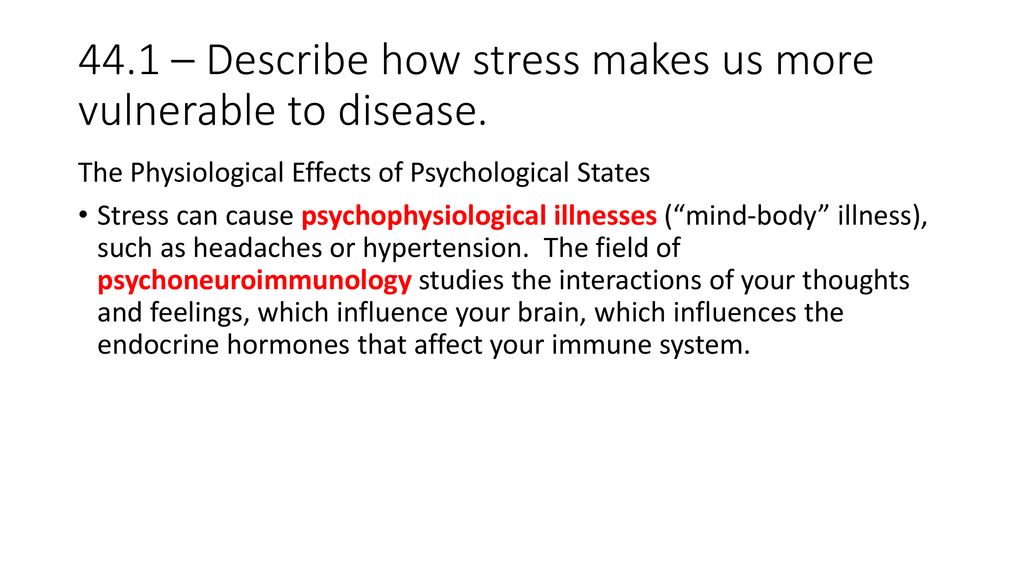





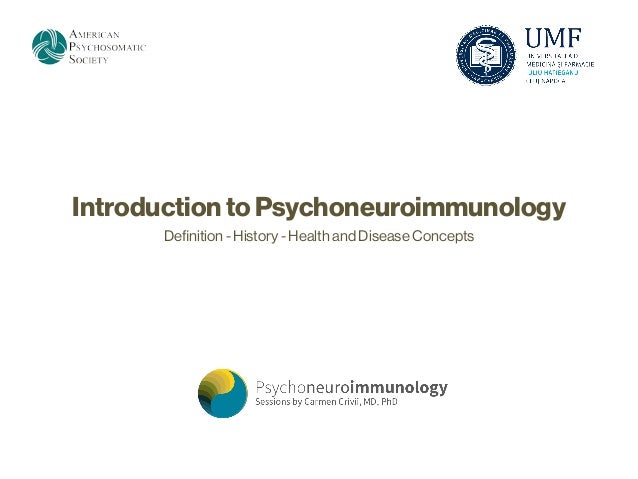





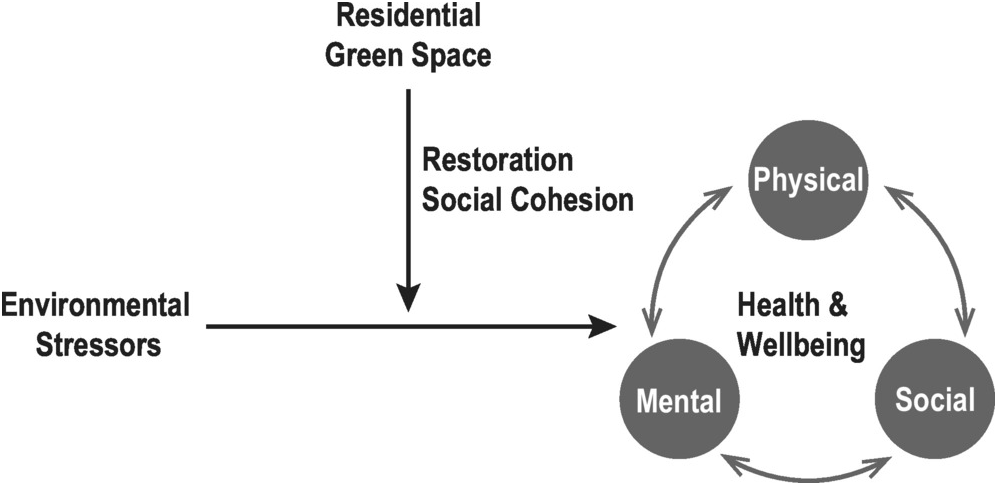
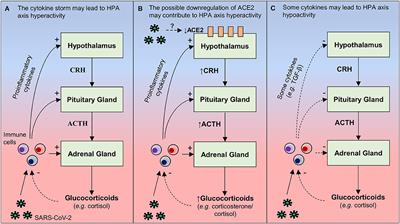

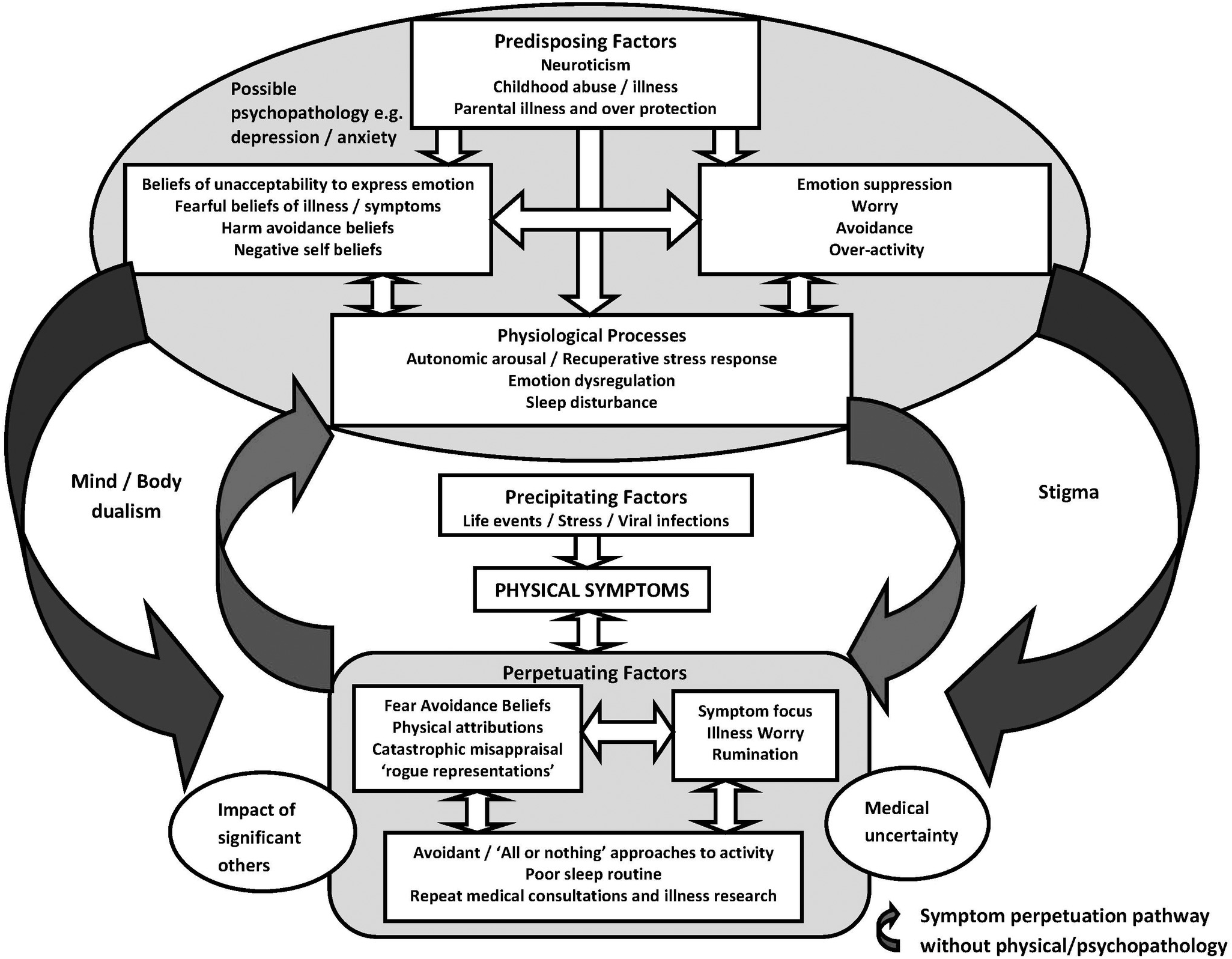



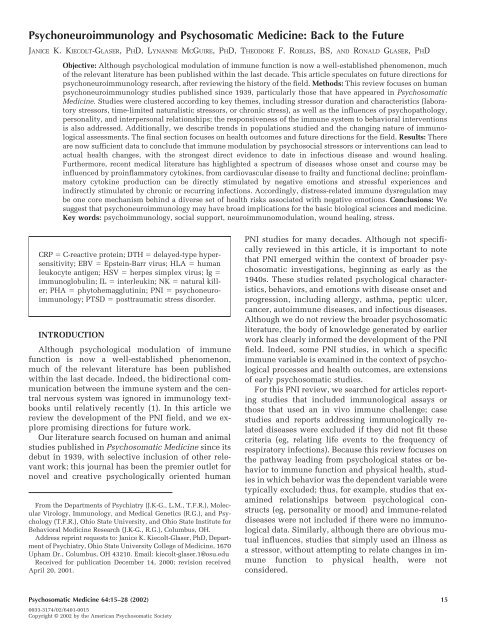

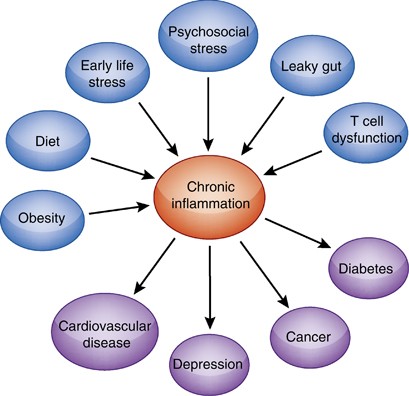



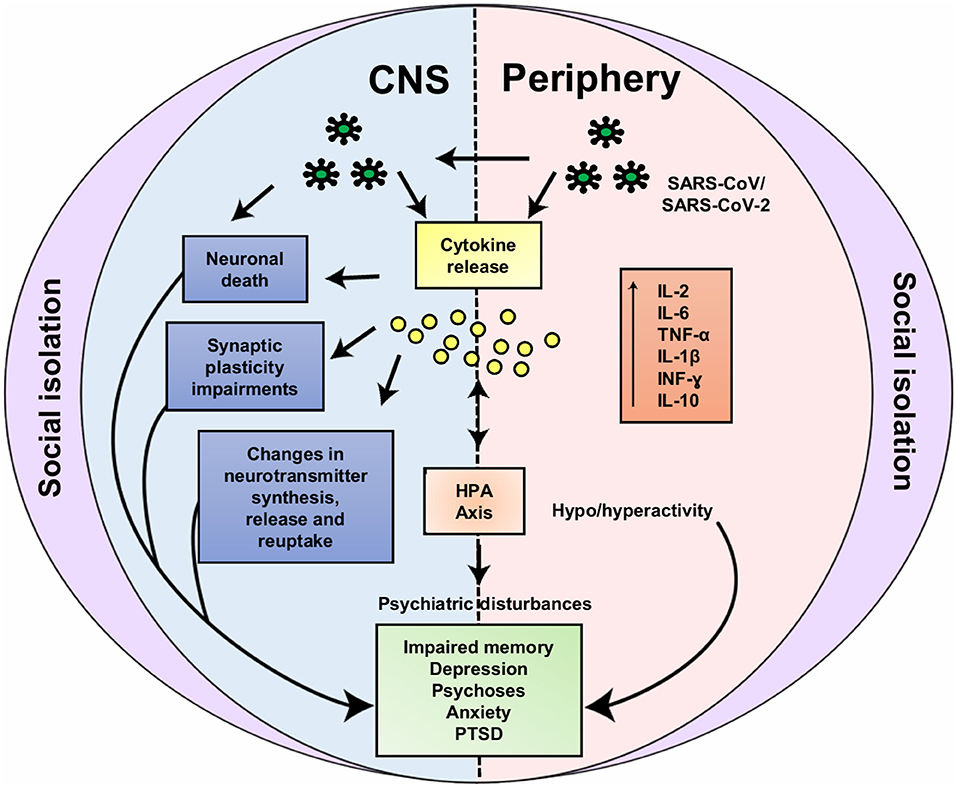
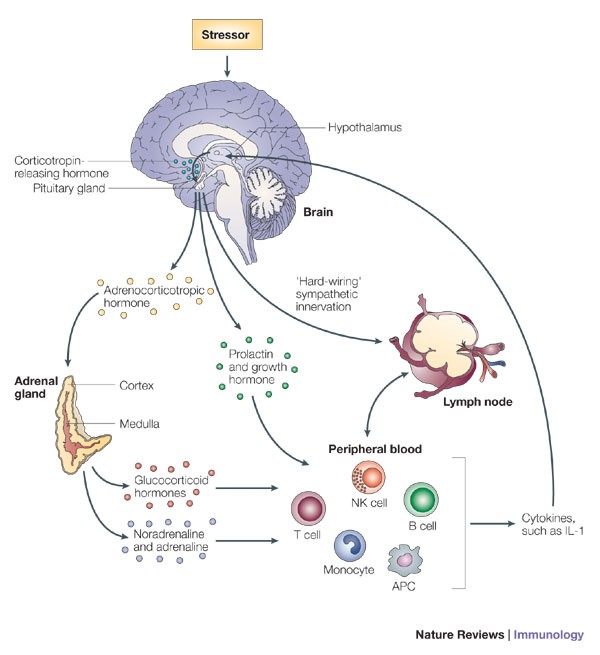


Post a Comment for "Psychoneuroimmunology Studies The Effects Of Disease On Emotional Health."